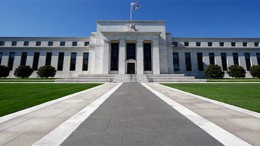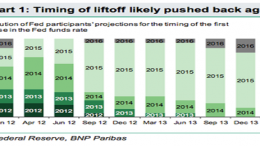SAO PAULO | Guest post by Benjamin Cole at Historinhas | No serious democrat contends that obscurantism, opacity and secrecy are handmaidens of good government. Indeed, closed doors are properly and universally regarded as cardinal sins, while transparency and accountability as gateways to working democracies. Yet the public is barred from meetings of the most powerful economic policymaking body in the United States—the Federal Open Market Committee, the decision-making body of the Federal Reserve Board, wherein monetary policy is decided.



